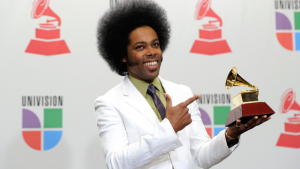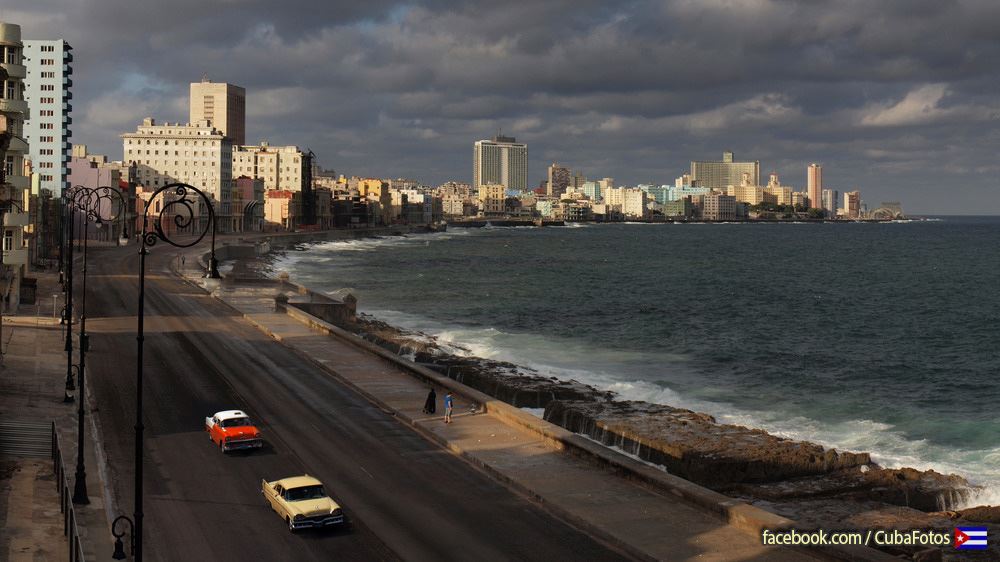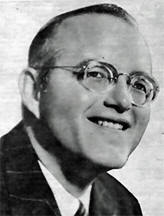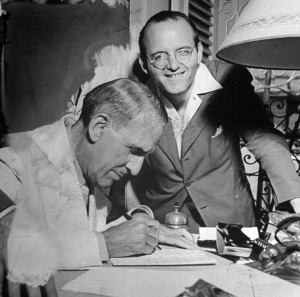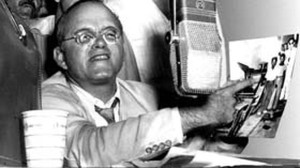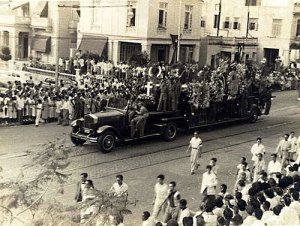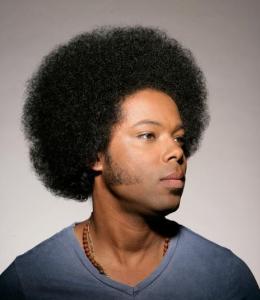
Alexis Puentes (born 1974), better known by his stage name Alex Cuba, is a Cuban-Canadian singer-songwriter who sings in Spanish and English. He has won two Juno Awards for World Music Album of the Year: in 2006 for Humo De Tabaco, and in 2008 for his second album, Agua Del Pozo. In 2010 he won the Latin Grammy for Best New Artist.
Cuba was born in Cuba, spending his childhood in Artemisa, the son of guitar player and music teacher Valentin Puentes. He started playing guitar himself at age six. As an adult, he shifted into jazz fusion styles.
MOVED TO CANADA.
He immigrated to Canada in 1999 after marrying a Canadian in Cuba. He and his twin brother Adonis first settled in Victoria, British Columbia, and worked as a duo, the Puentes Brothers, and received a Juno Award nomination. They started solo careers in 2004, but continued their songwriting partnership, with Adonis co-writing two of the songs on Agua Del Pozo. In 2003, Cuba moved to Smithers, British Columbia, the hometown of his wife, Sarah, whose father is politician Bill Goodacre. They have three children.
“Humo de Tabaco” song.
Collaborators on his debut, “Humo De Tabaco”, include Ron Sexsmith and Corinne Bailey Rae. “Lo Mismo Que Yo,” a duet with Sexsmith, became a hit in the UK Singles Chart, reaching #52.
In 2009, he co-wrote and recorded a duet with fellow Canadian Nelly Furtado. “Mi Plan” turned out to be the title track for her fourth studio album of the same name. Cuba co-wrote more than half of the songs on Furtado’s album.
His music reflects primarily Latin and African influences, but with a mix of funk, jazz and pop.
He received a Latin Grammy on November 21, 2013.
DISCOGRAPHY.
The Puentes Brothers:
2001: Morumba Cubana
2004: Humo De Tabaco
2007: Agua Del Pozo
2009: Alex Cuba
2012: Static in the System
AWARDS AND NOMINATIONS.
The Grammy Award is an accolade by the National Academy of Recording Arts and Sciences of the United States to recognize outstanding achievement on the music industry. Alex Cuba received one nomination.
2011 Alex Cuba Best Latin Pop Album Nominated
http://youtu.be/lu2gJsG-Fs8
“Si pero No” song.
LATIN GRAMMY AWARDS.
A Latin Grammy Award is an accolade by the Latin Academy of Recording Arts & Sciences to recognize outstanding achievement in the music industry. Alex Cuba has received Two award nominations.
2010 Alex Cuba Best New Artist Won
Alex Cuba Best Male Pop Vocal Album Nominated
2013 Eres Tú Best Short Form Music Video Won
Agencies/Various/Wiki/InternetPhotos/youtube/thecubanhistory.com
The Cuban History, Hollywood.
Arnoldo Varona, Editor.



